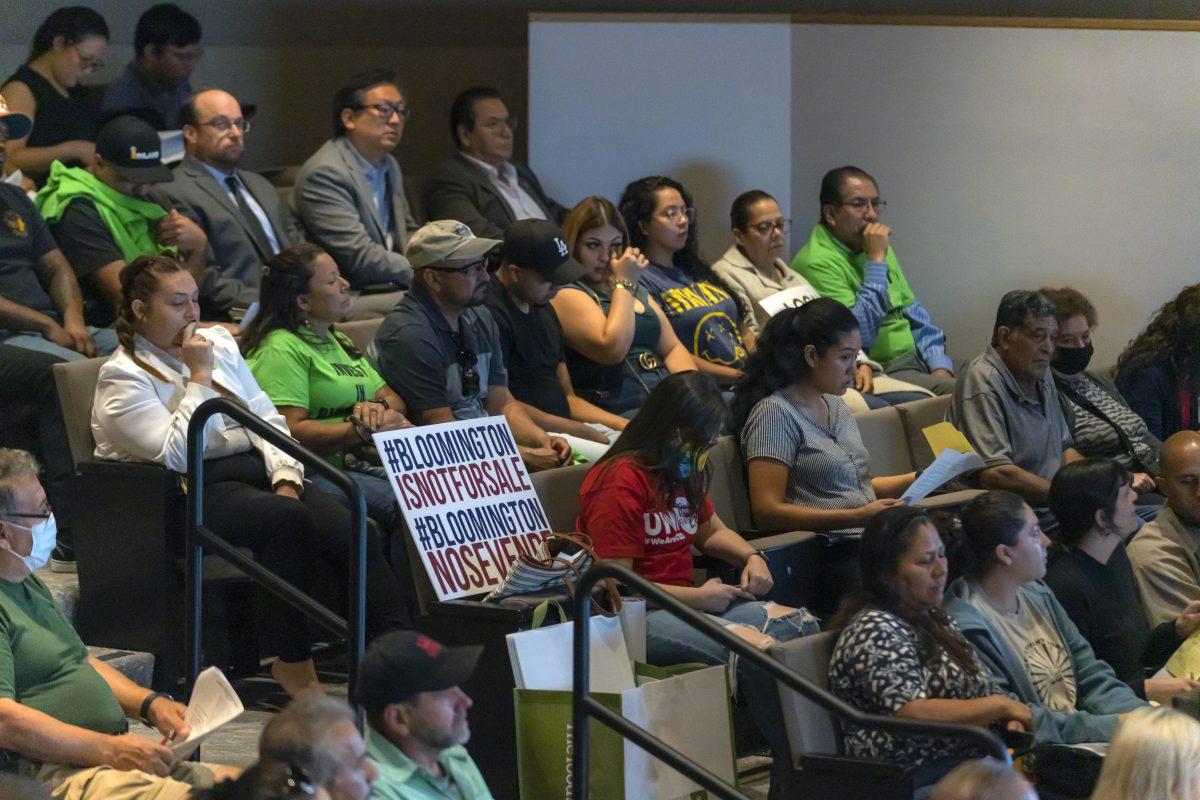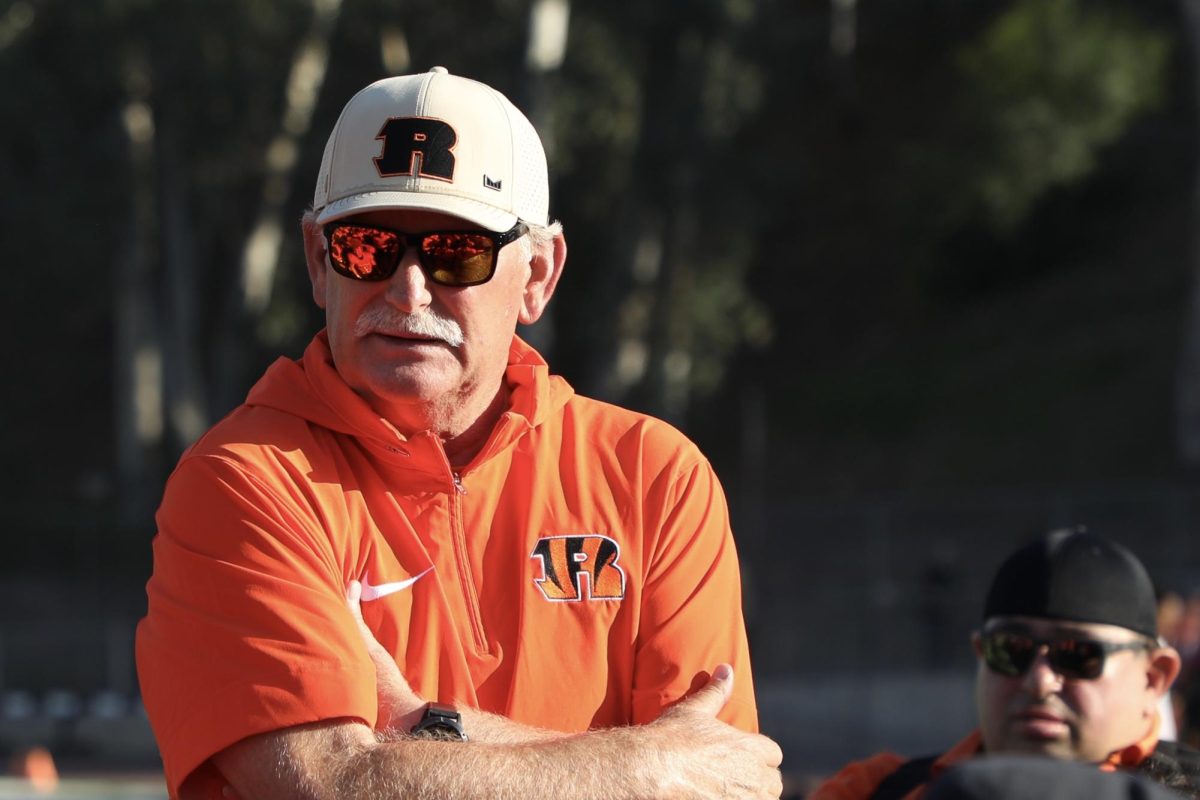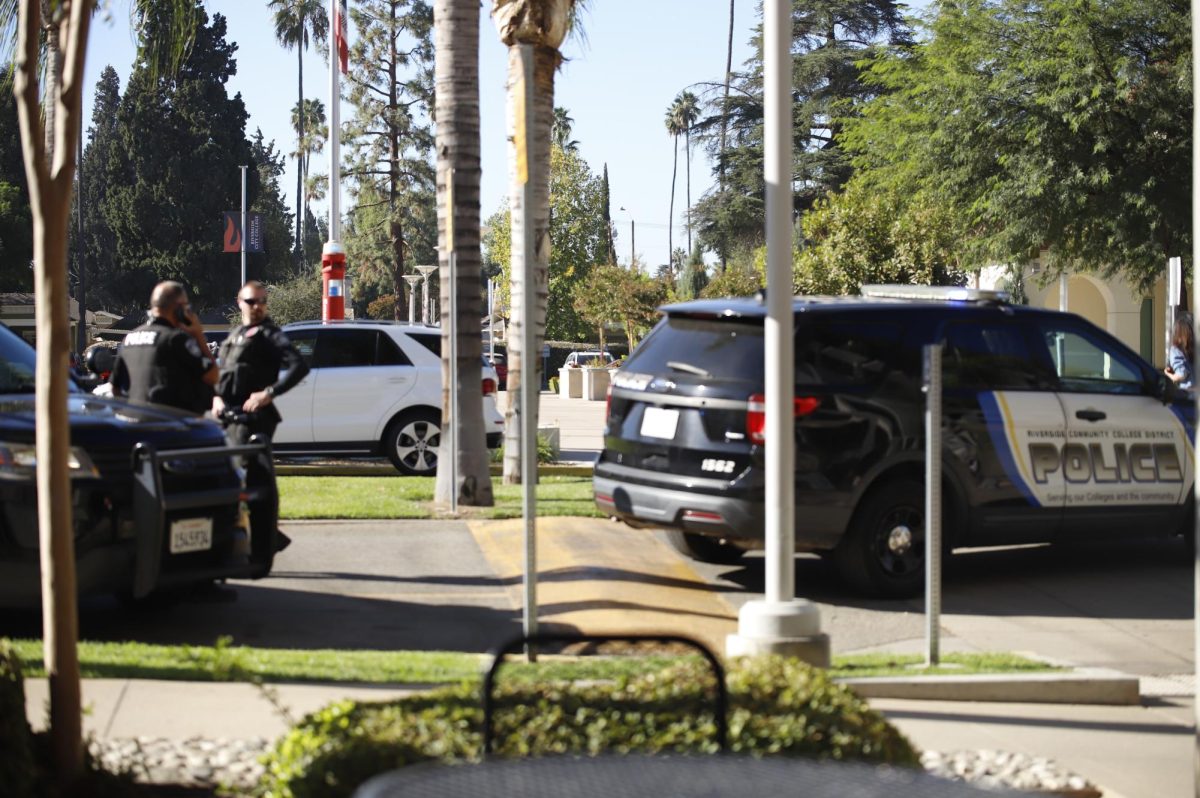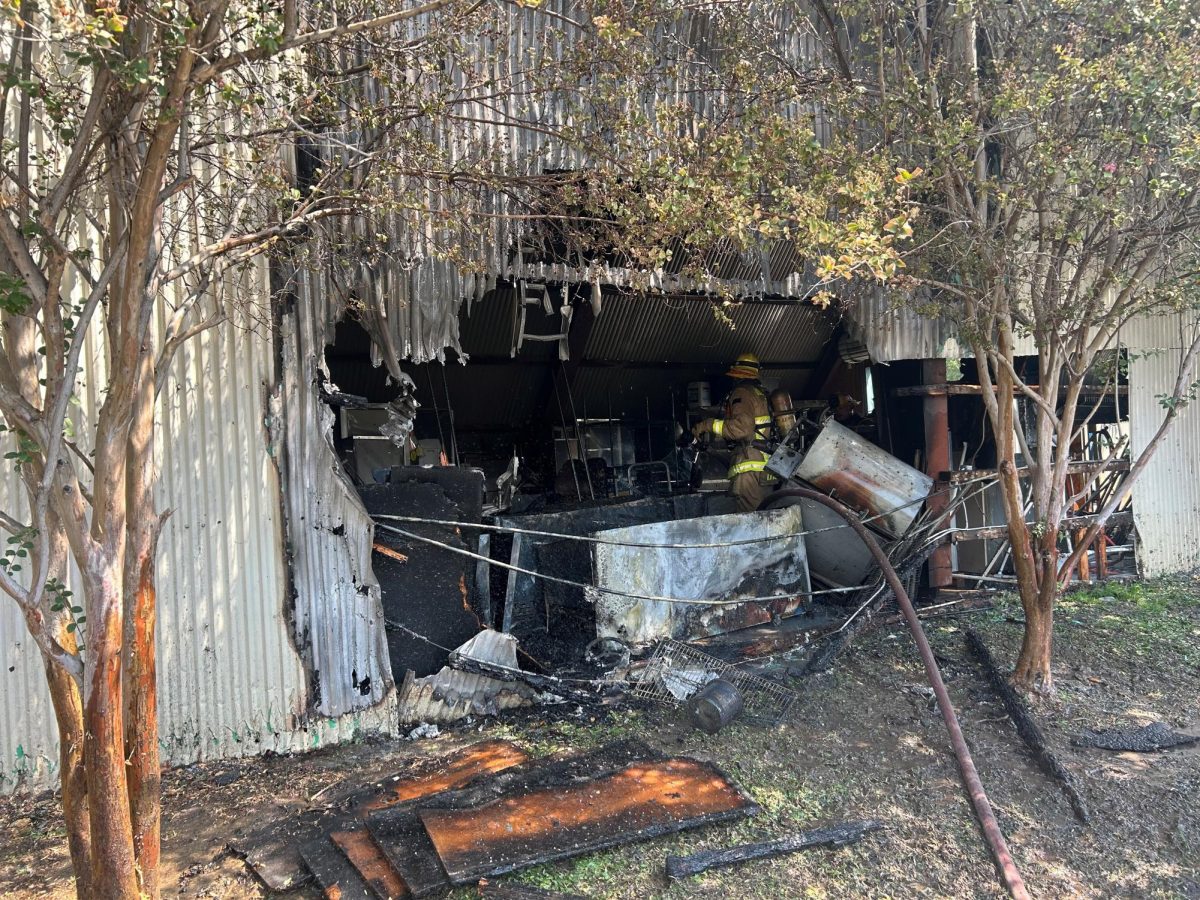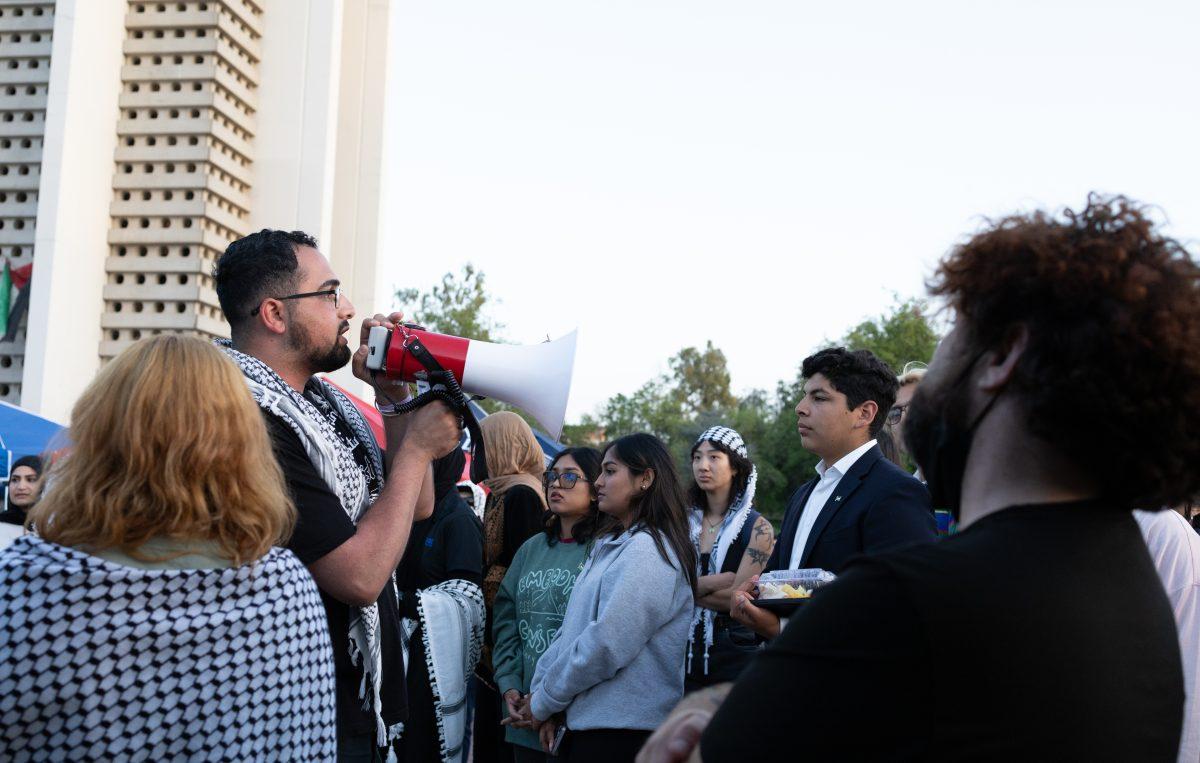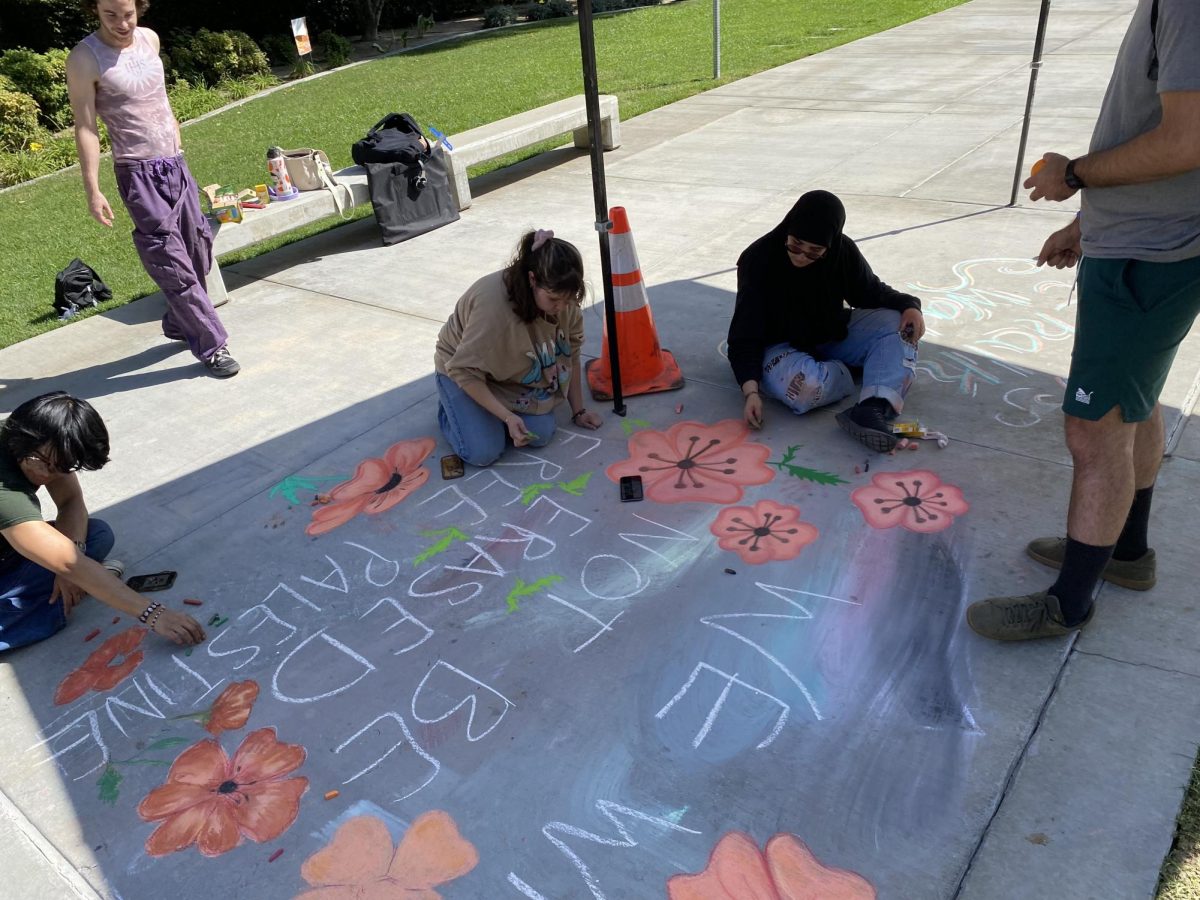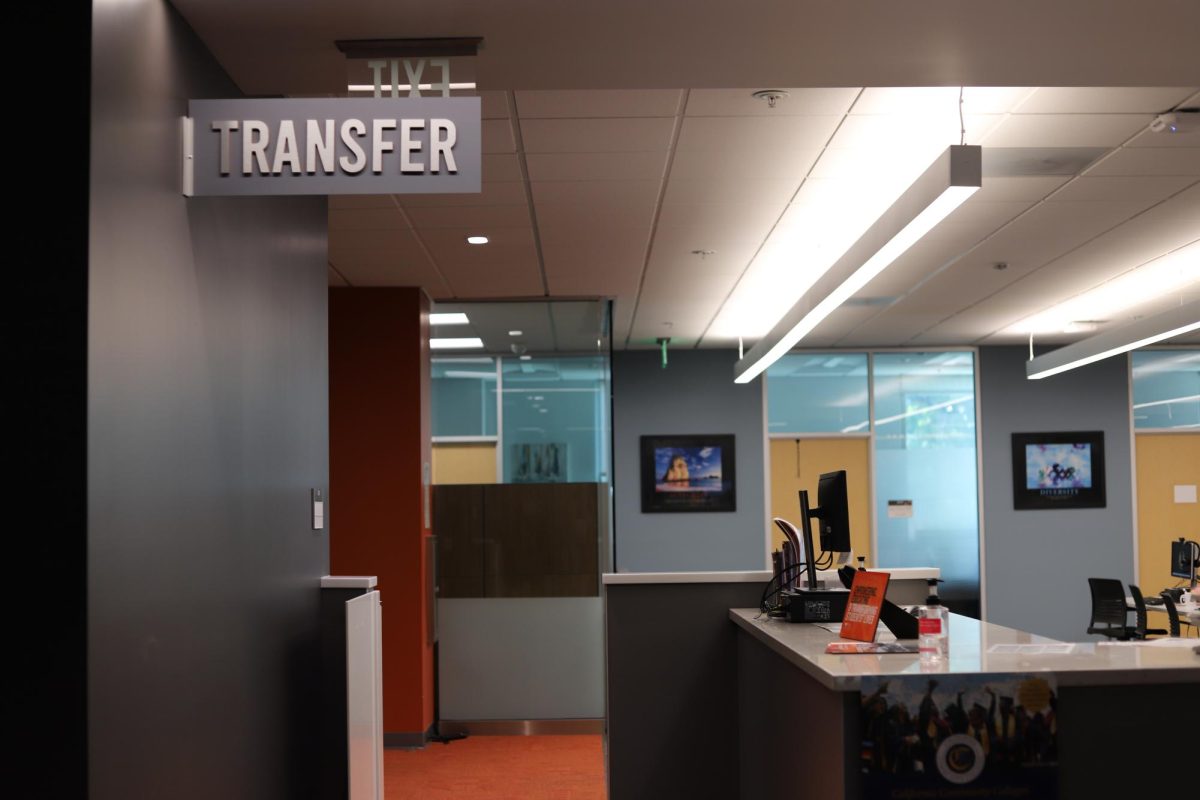By Jennipher Vasquez
Bloomington neighbors, city officials and hopeful developers packed the San Bernardino County Government Center Chambers and an overflow room as the groups debated plans to potentially demolish homes and Zimmerman Elementary School in unincorporated Bloomington. However, language barriers are proving to be an obstacle.
The San Bernardino County Planning Commission approved the proposal, funded and produced by Howard Industrial Partners, to construct an industrial business warehouse on over 200 acres of land by a vote of 3-0 with one abstention.
The vote came after a full day of presentations, a Q&A session and public comments by several Bloomington land owners, who both opposed and supported the plan.
Some felt the deck was stacked against the opposition.
A Bloomington resident, who stated her opposition, was the first public voice who needed an interpreter to translate her statement to the audience.
After her comments, many protesting the warehouse project noticed that her statements were not being translated in full.
As the Spanish speaking resident slowly spoke to the Planning Commission in order to allow the designated interpreter from the County to translate, many in the audience immediately voiced that they noticed her statement was being translated inaccurately and incomplete.
“She steps up there and she starts botching the translation completely, giving the bare minimum,” said Andrea Viduarre, Senior Policy Analyst for the People’s Collective for Environmental Justice (PCEJ). “After that, I think, now everyone is stepping in and translating for them on the spot.”
Vidaurre recalled when a resident said, in Spanish, that the plan would “destroy” the community, the County employee translated the word as “modify.”
The translator visibly struggled to keep up with the commenting resident and left out fragments of her statement.
Viduarre was among those who volunteered on the spot to translate for audience members asking for an interpreter.
“We had actually requested the interpretation yesterday,” she said. “We thought we were going to have full translation (where) people get headsets. We got here and they said ‘we are only going to have someone translate Spanish speakers to English.’”
That was when members of PCEJ took matters into their own hands.
This was done following the first few public comments, according to PCEJ representatives, to allow everyone’s comments to be interpreted accurately and fully.
Viduarre and others paced around the room interpreting into a headset with their own translating equipment.
Alicia Aguayo, PCEJ communications manager, shared her concern for the community members that were sharing their stories but not being understood by the audience.
“It’s often a barrier that people experience, especially in Bloomington,” she said. “A lot of the documents are never translated in Spanish and these are communities where the majority of the people there speak Spanish.”
The “request to speak” forms, “glossary of planning terms” intended to clarify phrases throughout the presentation, and the meeting agenda copies that were passed out to attendees were not available in Spanish.
County Special Populations Committee Chair Jonathan Weldy was approached by some attendees expressing the same concerns as Viduarre and Aguayo during a break in public commentary.
“Put it in writing,” Weldy responded. “It’s not something I can take care of for you right now.”
This story is developing.

